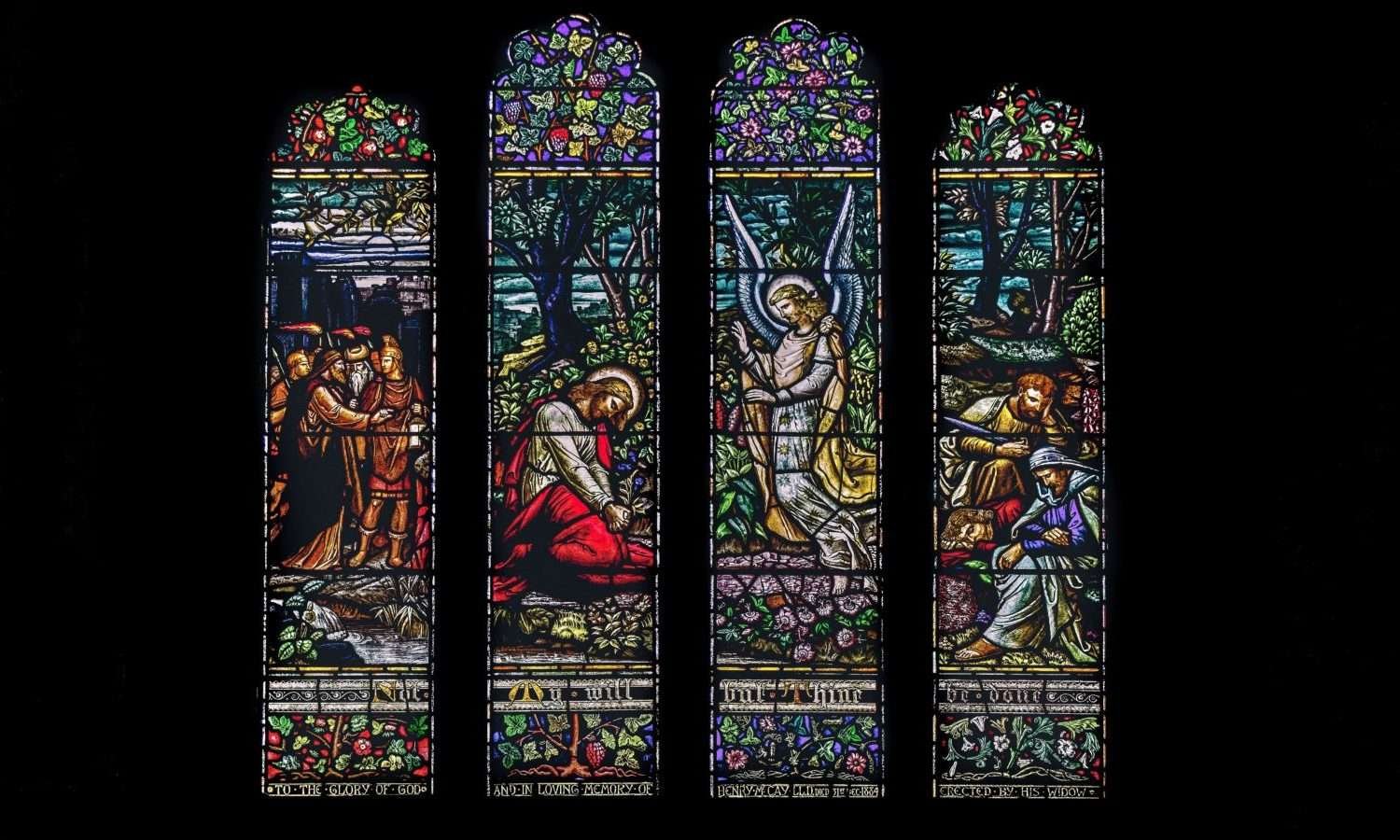What Can We Learn About Prayer From The Life Of Jesus?

5 minutes to read
The Christian life is about imitation. We imitate godly examples—whether contemporary or from church history, and we ourselves strive to be examples whom others can imitate. However, even as we look to examples and seek to be examples, we must remember that ultimately the one we are imitating is Christ. That is why Paul declared, "Be imitators of me, just as I also am of Christ" (1 Cor. 11:1). This is true of all areas of our lives, including our prayer lives. As we seek to grow in this discipline, we would be unwise not to learn from Jesus’ prayer life, which we can observe from his earthly life.
In this article, I'd like to present a few principles from the prayer life of Jesus to motivate us to pray with purpose and consistency.
We have a call to live not like one among the world, but as God's redeemed, separated and kingdom-minded people.
Jesus Felt The Need for Prayer
It is essential to observe that Jesus did not pray just for the sake of being a model to us. He prayed because he needed prayer. He desired communion with his Father and he needed strength and guidance for his life and ministry. We must not forget that Jesus was like us in every way, but without sin (Heb. 2:17, 4:15). He faced temptations and trials; he was rejected and hated. Amidst these, he found solace in the fellowship with the Father. Jesus wielded his strength from the Divine Helper to do all according to the will of God.
If the Son of God needed prayer, how much more do we need prayer? We encounter struggles with sin, distress in the world, and challenges in life. We have a call to live not like one among the world, but as God's redeemed, separated and kingdom-minded people. Do you see your need? Then pray like your Master.
Jesus Was Intentional In Prayer
Since Jesus needed prayer, he spent time intentionally praying. Communion with the Father was his necessity. In Mark chapter 1, we get to glimpse one of his days. He spent time teaching in the synagogue (vs. 22). Then, he was at Simon's house to heal his mother-in-law (30, 31). By evening, people started to gather to receive healing from him (32, 33), and he healed many (34). After such a hectic day, he would have been tired and he was definitely worthy of a well-deserved day off. But, Jesus knew his priorities. He rose early in the morning, while it was still dark, he went to a secluded place, and he spent time in prayer (35). Jesus was a busy man, but even his busyness did not crowd out prayer from his life.
These references from the gospel of Luke show us that Jesus was intentional about prayer:
- He prayed at his baptism (Lk. 3:21)
- He fasted for 40 days and 40 nights (Matt. 4:2)
- He prayed before choosing his disciples (Lk. 6:12)
- He often prayed alone (Lk. 5:16; 9:18)
- He prayed with others (Lk. 9:28-29)
- He interceded for others (Lk. 22:32)
- He prayed before going to the cross (Lk. 22:40-44), and he prayed even on the cross (Lk. 23:46)
If even crucifixion was not sufficient grounds to stop our Saviour from praying, neither should physical exhaustion nor busyness be adequate reasons to justify our neglect of prayer. Like our Master, we must be intentional and persistent in prayer.
We must understand that we will never grow out of our need for God and his grace in our lives.
Jesus Prayed According To The Will Of The Father
As the eternal Son of God, Jesus' divine will is one with the Father (Jn. 10:30). The purposes of the Father are the eternal decrees of the Triune God. As a man, he lived in submission to the Father and came to fulfil those eternal salvific purposes. In his high priestly prayer, Jesus prayed for the salvific purposes of God (Jn. 17). His detailed and intimate prayer in John 17 demonstrates that Jesus prayed according to the purposes of God.
We may not have a record of all the prayers of Jesus. But we can be certain that he prayed according to the will of the heavenly Father. In one instance, Jesus declared his mission statement: "For I have come down from heaven, not to do my own will but the will of him who sent me" (Jn. 6:38). Elsewhere Jesus said, "the Son can do nothing of Himself unless it is something He sees the Father doing; for whatever the Father does, these things the Son also does in like manner" (Jn. 5:19). Since Jesus' sole purpose was to do according to the will and the pattern of the Father, he must have passionately sought the Father for the same in his prayers.
In the model prayer that Jesus taught his disciples, he said, "Pray, then, in this way: 'Our Father who is in heaven, Hallowed be Your name. 'Your kingdom come. Your will be done, On earth as it is in heaven" (Matt. 6:9-10). If Jesus taught his disciples to pray in this manner, he must have prayed even more enthusiastically. He did it even in the garden of Gethsemane. As a perfect man who pleased the Father at all times, he taught what he practised.
Instead of making demands and “claiming” answers to prayer, even our prayers should be in submission to the will of God (1 Jn 5:14; John 15:7).
Jesus prayed out of his need for God, he prayed intentionally, according to the Father's will. Our Lord's life is an example for us. As adopted children of God, we, too, should delight in our God and his will. We must understand that we will never grow out of our need for God and his grace in our lives. By the grace of God, we are able to fight every distraction and be intentional in our devotion to him.
May God bless us to be passionate for Him.




